The death penalty is discriminatory and does not do anything about crime
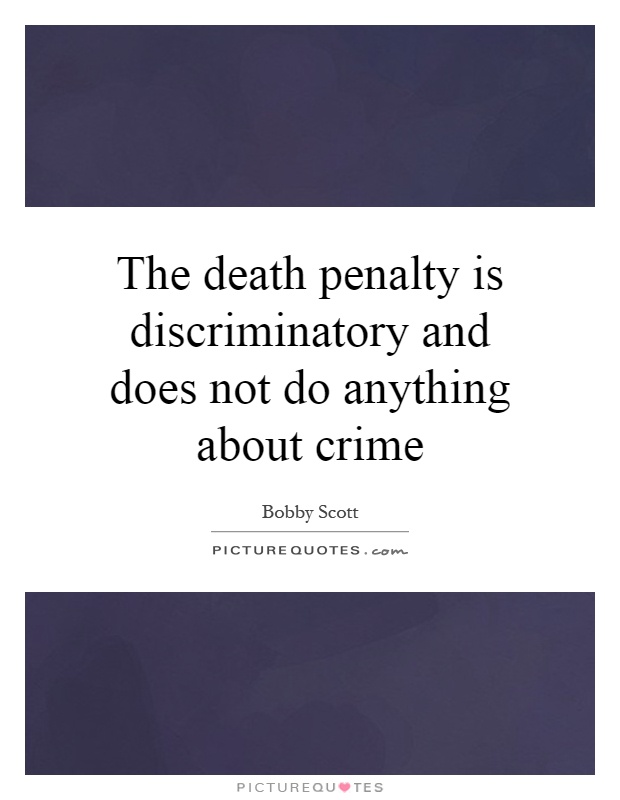
The death penalty is discriminatory and does not do anything about crime
Bobby Scott, a Democratic congressman from Virginia, has been a vocal advocate for criminal justice reform and has been a staunch opponent of the death penalty. Scott has argued that the death penalty is discriminatory and does not effectively address crime in our society.One of the main reasons why the death penalty is discriminatory is because it disproportionately affects people of color and those who are economically disadvantaged. Studies have shown that African Americans and Latinos are more likely to be sentenced to death than white individuals, even when the crimes they commit are similar. This racial bias in the criminal justice system is a clear indication that the death penalty is not applied fairly and equitably.
Furthermore, the death penalty does not actually deter crime. Numerous studies have shown that there is no conclusive evidence that the death penalty has a deterrent effect on crime rates. In fact, states that have abolished the death penalty have not seen an increase in crime rates, indicating that the threat of capital punishment does not actually prevent individuals from committing crimes.
Additionally, the death penalty is an irreversible punishment that can lead to the execution of innocent individuals. There have been numerous cases of wrongful convictions in which individuals have been sentenced to death for crimes they did not commit. The risk of executing an innocent person is a grave injustice that cannot be rectified once the death penalty has been carried out.
Bobby Scott has been a vocal critic of the death penalty because he believes that it is a flawed and discriminatory practice that does not effectively address crime in our society. Instead of focusing on punitive measures like the death penalty, Scott advocates for investing in programs that address the root causes of crime, such as poverty, lack of education, and mental health issues. By addressing these underlying issues, Scott believes that we can create a more just and equitable criminal justice system that truly serves the needs of all individuals.
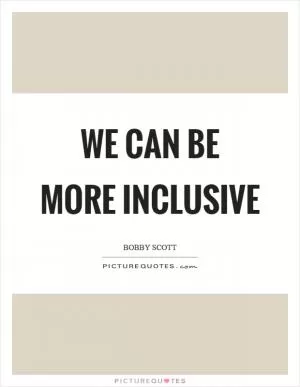
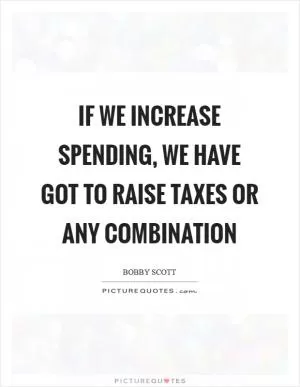
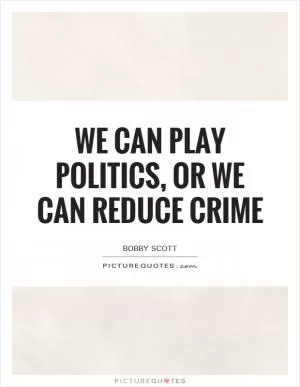
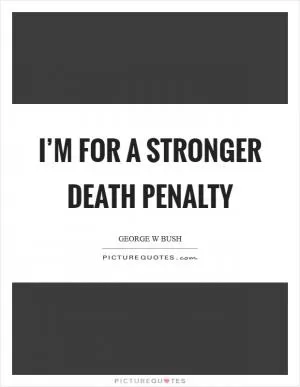
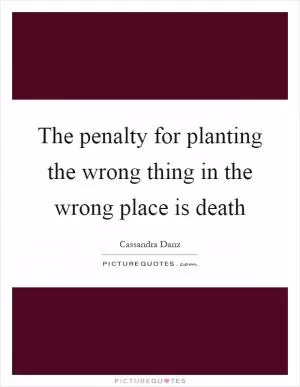
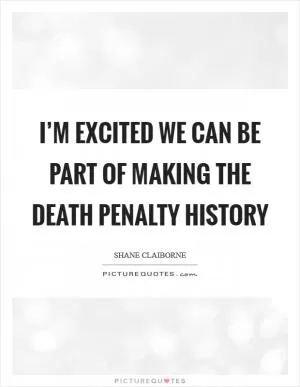
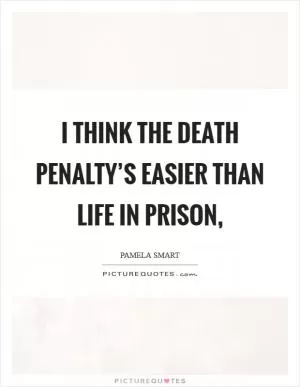
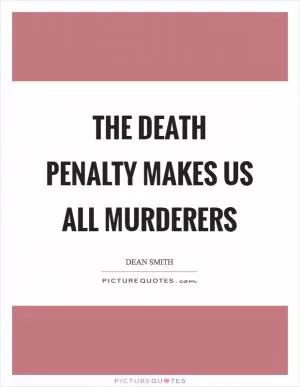
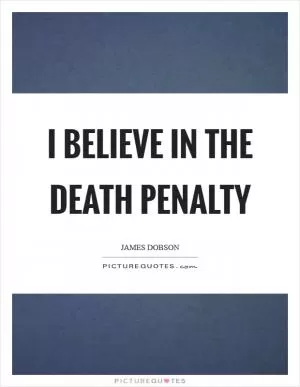
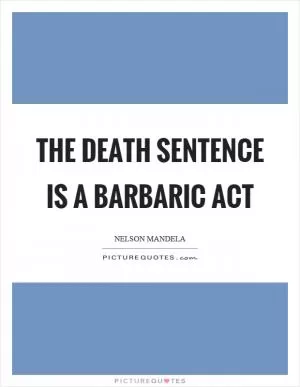
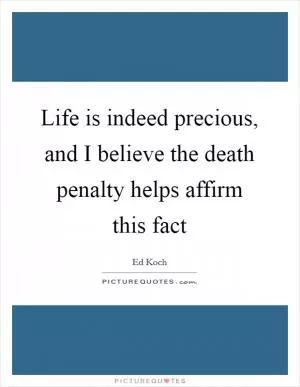
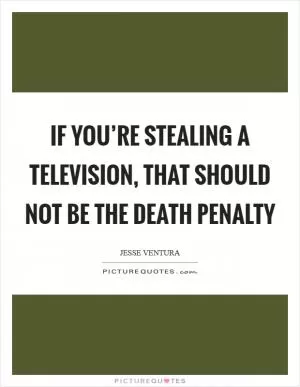
 Friendship Quotes
Friendship Quotes Love Quotes
Love Quotes Life Quotes
Life Quotes Funny Quotes
Funny Quotes Motivational Quotes
Motivational Quotes Inspirational Quotes
Inspirational Quotes